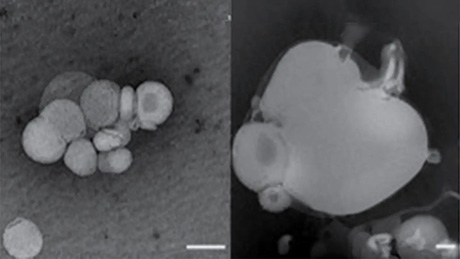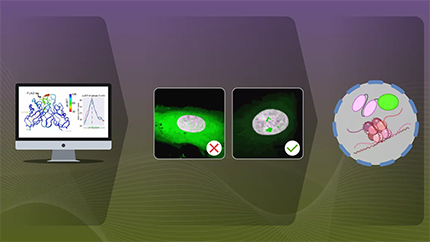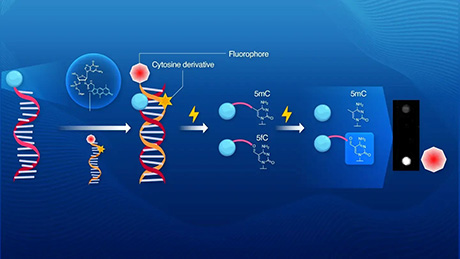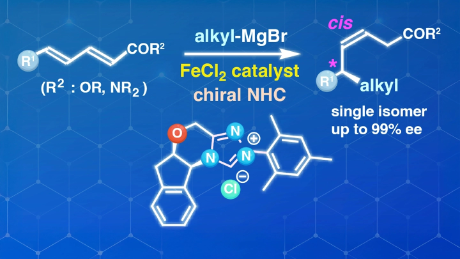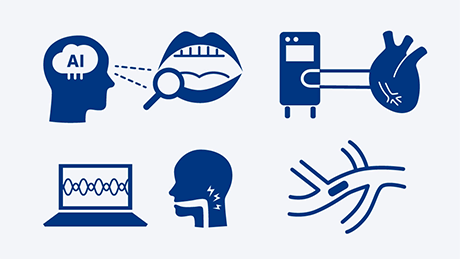Life Science and Technology News
New innovative research teams receive DLab Challenge Research Grant
DLab Challenge Advanced 2023 and DLab Challenge 2023
Tokyo Tech's Laboratory for Design of Social Innovation Global Networks (DLab)![]() has selected research teams for DLab research grants for the academic year 2023. Two research teams have been awarded with the newly launched "DLab Challenge Advanced 2023." One team has received "DLab Challenge 2023", and two teams were selected as one-year trial grants. A ceremony was held on April 6 to present the award letters to the successful applicants. This is the fourth cohort of research teams to receive the grant after its launch in academic year 2020.
has selected research teams for DLab research grants for the academic year 2023. Two research teams have been awarded with the newly launched "DLab Challenge Advanced 2023." One team has received "DLab Challenge 2023", and two teams were selected as one-year trial grants. A ceremony was held on April 6 to present the award letters to the successful applicants. This is the fourth cohort of research teams to receive the grant after its launch in academic year 2020.
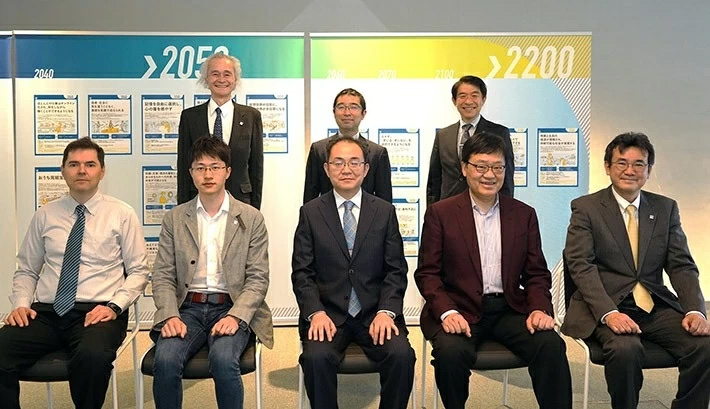
DLab Research Grant 2023 recipients (front left) Assoc. Prof. Manzhos, Assoc. Prof. Ehara, Assoc. Prof. Kato, Prof. Ueda, Prof. Umemuro, (back left) DLab Director Isao Satoh, Assoc. Prof. Hata, DLab Assoc. Director Naoto Ohtake
The DLab Challenge Research Grant supports research connected to the realization of the future image and scenarios created by DLab, and research that contributes to the creation of new disciplines required to realize this image. The grant also aims to help individual researchers discover the links between their own research and the future of society, conduct research with a backcasting approach, and heighten awareness of the societal impact of their research.
In addition, the DLab Challenge Advanced was launched this year, targeting research that is directly focused on realizing visions of future image and scenarios. This grant allows professors to become representative members, and supports research that aims to obtain competitive funding for "vision-driven backcasting" approaches that may lead to the establishment of a research center in the future.
Proposals and recipients
DLab Challenge Advanced
Youth Sanctuary: Cooperative metaverse platform to support self-enhance of youth
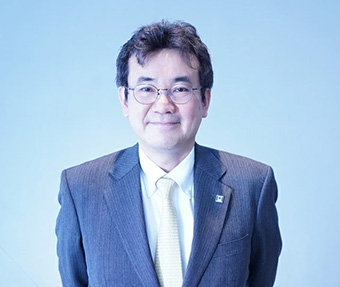
Professor Hiroyuki Umemuro's Comment
While there are hundreds of researchers at Tokyo Tech who create technologies, there have been still few empirical studies on what kind of technologies should be created, how they should be designed, and how they should be used for the wellbeing of people. We believe that the acceptance of this proposal is a small but important step toward convergence science 3.0 of Tokyo Tech. We will do our best to produce outputs.
The Research and its Social Implementation of Humanities and Sciences Interdisciplinary to Settle Bullying Troubles
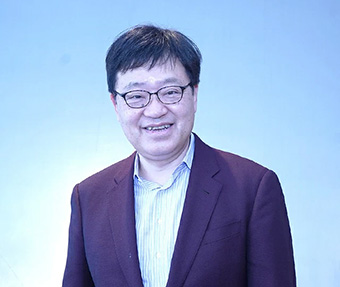
Professor Noriyuki Ueda's Comment
We will work beyond the boundaries of the humanities and sciences to solve bullying, a serious problem facing human society. We will scrutinize the factors that cause bullying from various perspectives and build a system to detect, prevent, and remedy bullying that occurs in various places, including educational settings, local communities, workplaces, and even social networking sites and the metaverse. Through the evolution of science and technology that addresses suffering, we will create a society in which each individual can demonstrate creativity and compassion. We would like to move forward with the spirit of the great challenge of human history.
DLab Challenge
Biological, chemical, materials-science, and computational perspective analyses of mechanisms by which reef-building corals and zooxanthellae contribute to the global environment
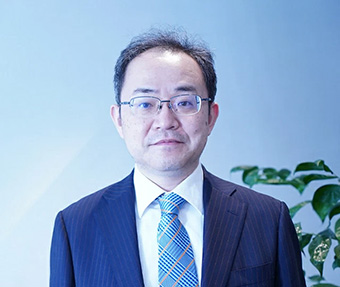
Associate Professor Akira Kato's Comment
Reef-building corals live in symbiosis with zooxanthellae and form coral reefs, which provide habitat for a large variety of marine life. Researchers with diverse backgrounds will gather to study the corals and zooxanthellae from their unique point of view, and attempt to create new perspectives on conservation of coral reefs and prevention of coral bleaching.
Proposals and recipients of one-year trial grants
How to Overcome Technological Optimism: Liberal Arts in AI Coexistence Studies
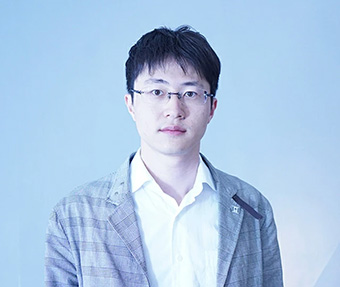
Associate Professor Kei Ehara's Comment
Technology is essential for a better society, but it is not enough. Theories and ideas linking technology and society have been abundantly developed in the past. It is our responsibility today and in future to learn from the accumulation of such theories and ideas. Through this research, we would like to foster a platform that encourages further dialogue between technology and society.
Non-invasive health monitoring based on a combination of a “chemical nose” and lifestyle data with machine learning

Associate Professor Sergei Manzhos's Comment
We propose to develop a system of non-invasive, non-contact health monitoring combining data from a chemical nose (sensor array) sensing exhaled molecules with lifestyle data. This could provide early diagnosis and recommend treatments before the onset of symptoms and before involvement of health professionals.
Note: Principal investigator followed by joint researchers, *Collaborators
- Laboratory for Design of Social Innovation in Global Networks (DLab) | Organization | About Tokyo Tech
- Together. Designing our future. | Tokyo Tech Stories | About Tokyo Tech
- Designing our future in a transchallenge world | Tokyo Tech Stories | About Tokyo Tech
- DLab Dialog Day 2023 - Designing care for the future society | Tokyo Tech News
- Three teams receive DLab Challenge Research Grant 2022 | Tokyo Tech News
- DLab Challenge Research Grant 2021 awarded to four diverse teams | Tokyo Tech News
- Four teams receive first DLab Challenge research grant | Tokyo Tech News
Designing our future together
By gauging the needs and desires of society through dialogue, and by designing our future together, DLab aims to create a brighter, more prosperous world.
Laboratory for Design of Social Innovation in Global Networks (DLab)![]()
This event is supported by Tokyo Tech Fund
Contact
Laboratory for Design of Social Innovation for Global Networks
E-mail : lab4design@jim.titech.ac.jp


